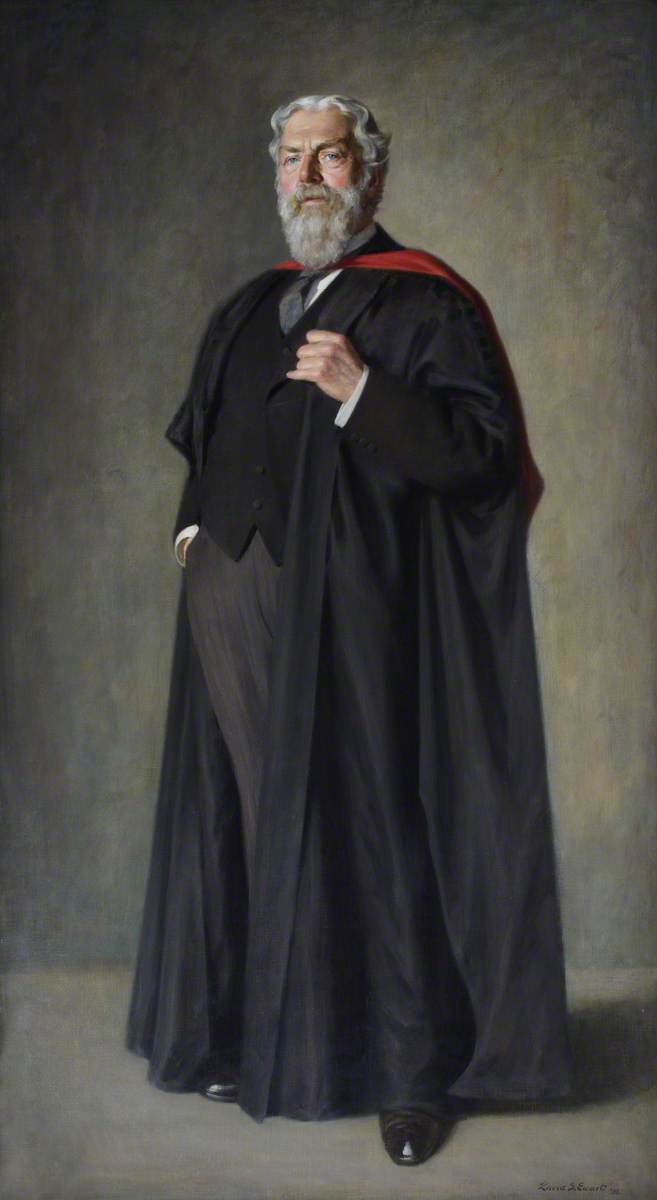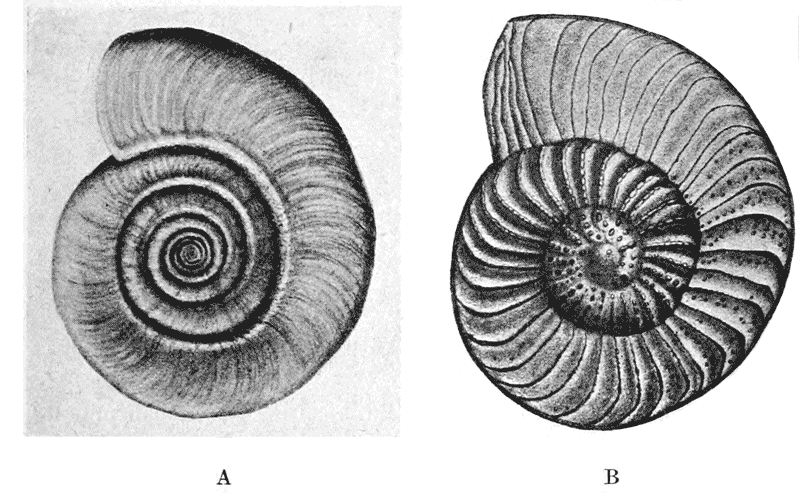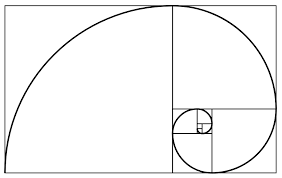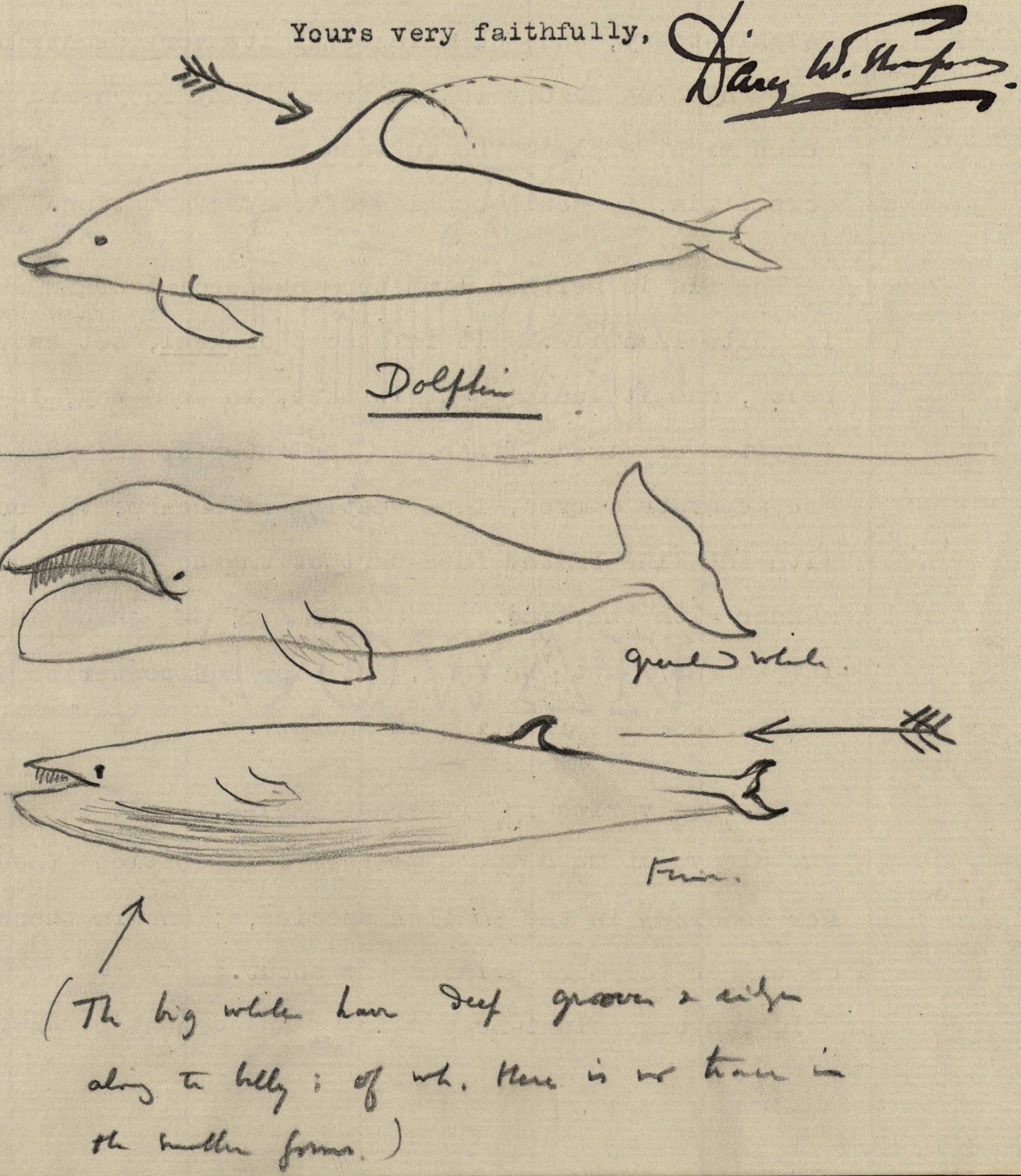D'Arcy Thompson and Mathematics
Alice Gowenlock and Indre Tuminauskaite
D'Arcy Wentworth Thompson and Mathematics
How did a person, who claimed not to know any mathematics, write one of the first mathematical biology books?
D'Arcy Wentworth Thompson's biography is at THIS LINK
D'Arcy Wentworth Thompson never formally studied mathematics to the level that would have been sufficient to write On Growth and Form.
He was primarily a biologist: moving to Cambridge to study zoology after just two years of medical school in Edinburgh. After his education, he became Professor of Biology at Dundee University in 1884 and later Chair of Natural History at the University of St Andrews in 1917. How he acquired his biological knowledge, as seen in On Growth and Form is easy to see through his education, but what about the mathematical skills needed to write about such complicated subjects?
Through D'Arcy's correspondence we discover the answers to this question. The St Andrews Special Collections host over 30,000 documents relating to D'Arcy, given to the University by Ruth, one of his three daughters. They include correspondence with mathematicians, physicians and engineers; including William Peddie, Claxton Fidler, E H Neville and many others.

|


|
In several of his letters, D'Arcy acknowledges that his mathematical knowledge is not as good as he wishes it to be. For example:
Thompson writes asking for Neville's solution to his 'Showman's puzzle'.
Your methods are beyond my reach, for I am not a mathematician(ms23894);
Asks Neville for help with his biological problems in terms of 3D coordinates.
...there are some cases, probably very simple but which I am incapable of tackling...(ms23898)
To Mackay
You will see that I keep struggling after that knowledge of elementary mathematics, which in spite of your efforts I refuse to acquire!(ms23764)
To Unwin about Maurice d'Ocagne's book, Les calculs usuels effectués au moyen des abaques':
I master it slowly, for the mathematics, though simple enough, are just a little beyond my very small range(ms12863)
To Greenhill:
You chaffed me the other day in town about my 'craving for omniscience'. It's not that at all; I'm in continual rebellion against my deplorable ignorance. If only I knew even a little mathematics.
(ms28692)
To C R Darling:
... a job for which I have plenty of enthusiasm but a sad lack of mathematical skill.(ms19100)
To S Brodetsky, about Brodeysky's paper 'Disturbed Aeroplane, etc.':
the mathematics of it are rather too hard for me(ms22308)
However, despite his apparent disbelief in his mathematical skills D'Arcy Wentworth Thompson was able to use quite advanced mathematics to write the revolutionary On Growth and Form. He was an accomplished man in many fields; from science and biology to languages and literature. It was his ability to link his knowledge of these subjects together which really made On Growth and Form the classic that it is. His curiosity and drive to learn a wide variety of subjects makes Thompson an extraordinary scientific figure. Despite struggling to understand many of the mathematical ideas, he did attempt to learn advanced mathematical skills through books and receive help from people who were more advanced in the areas he was interested in. He incorporated the work of others into several areas of the book but did always credit them and the quotes above show that, despite this, he realised his limitations and was very keen to improve from others.
Through some of his correspondence, D'Arcy learned a lot of mathematics. Hundreds of letters discuss and reference mathematical problems, ideas or books related to them. Some of these ideas made it directly into On Growth and Form (Fidler's notes almost exactly repeated in the book), some relate to other D'Arcy projects (the Mean Sea Level paper was discussed with Greenhill (ms19424) Watt (ms22778-ms22784), Lamb (ms19767-8), Larmor (ms41241), Whittaker (ms19423) and some do seem to be for the purpose of mere curiosity (Whittaker's fish migration problem (ms19424)).
|
ms46331/3 |

Drawing by D'Arcy Thompson to Lamb ms19772 |
Some Correspondents
More details of the correspondence are provided in the further pages.
Eric Harold Neville
John Marshall
Alfred North Whitehead
Charles Robert Darling
William Peddie
Claxton Fidler